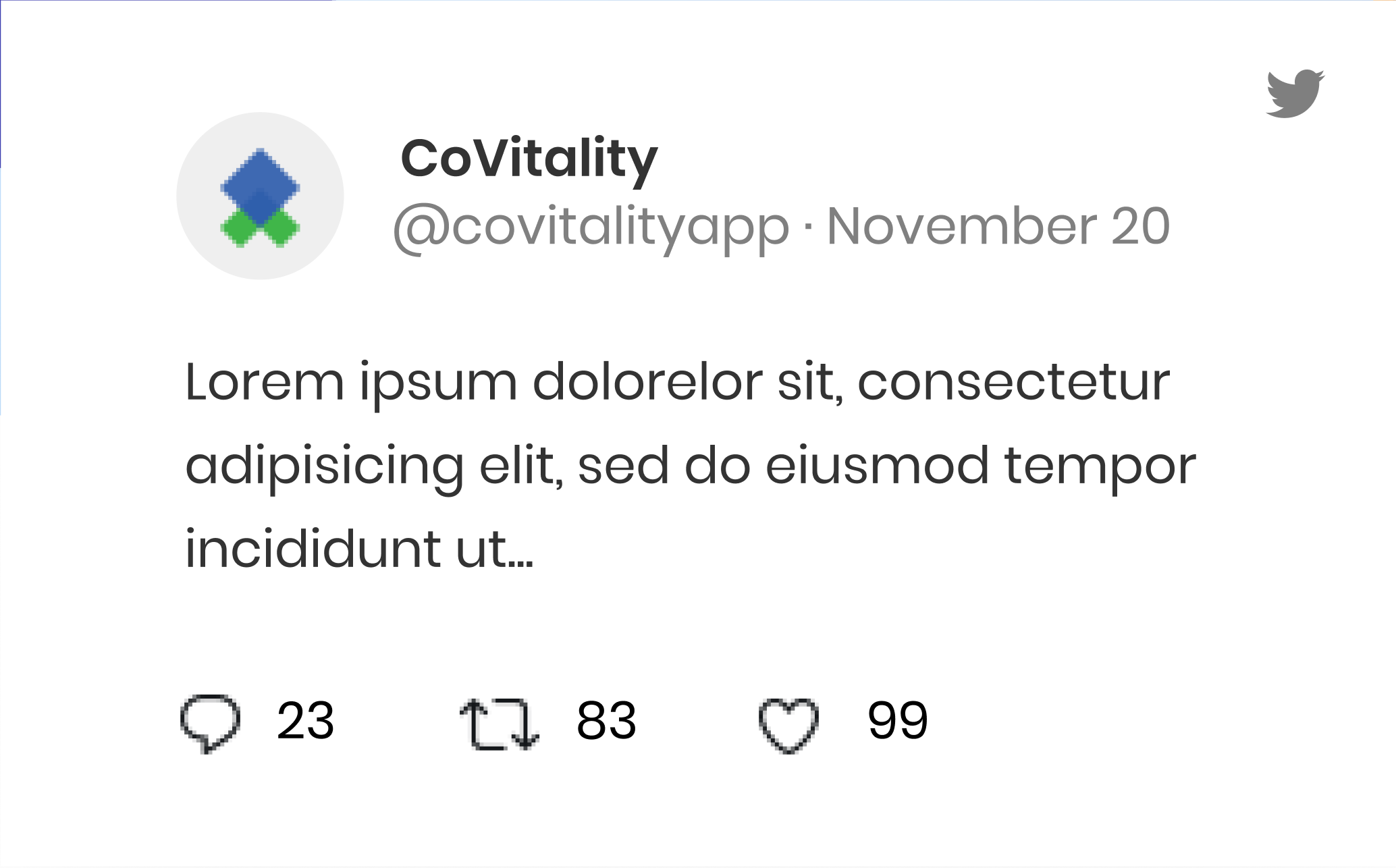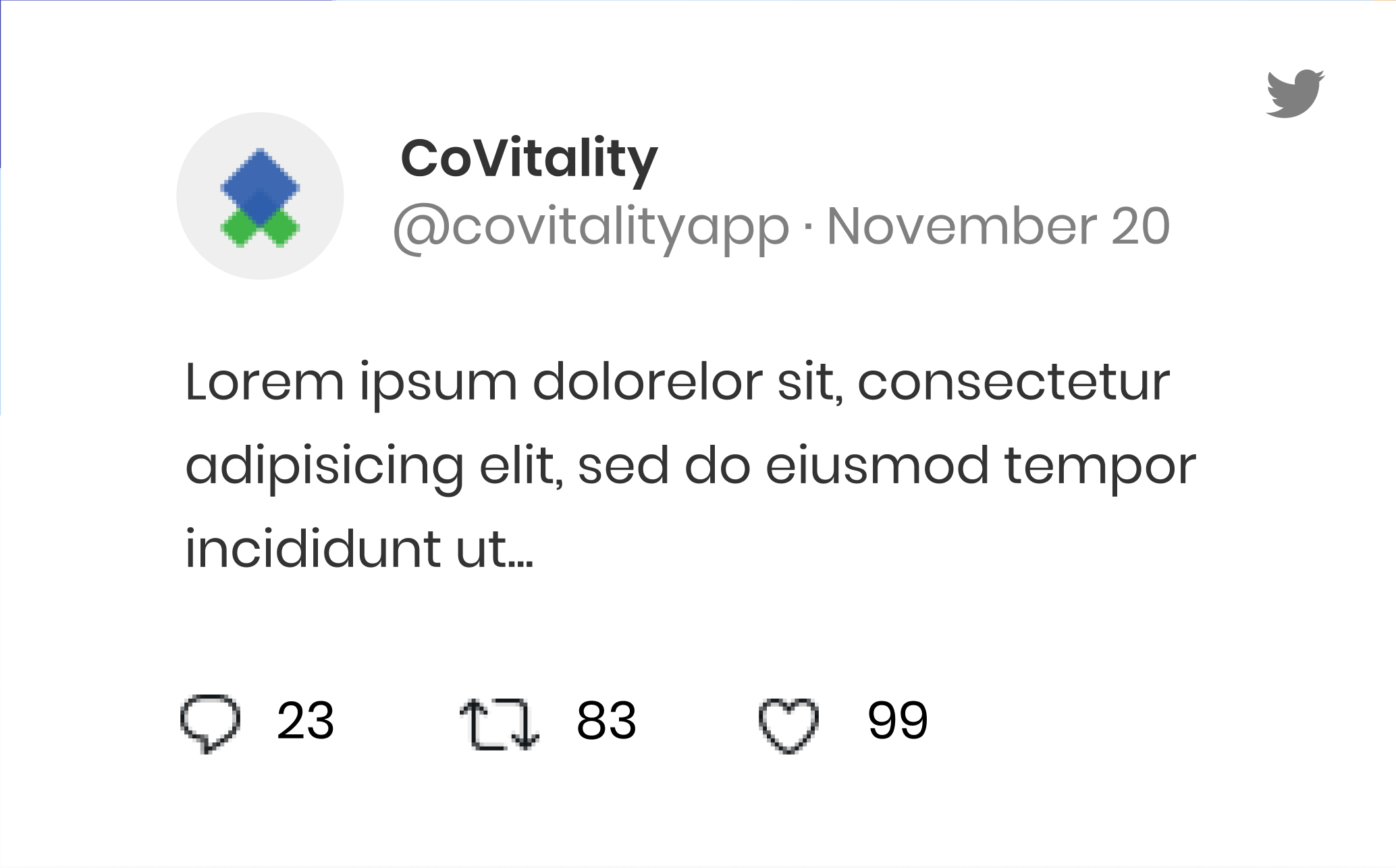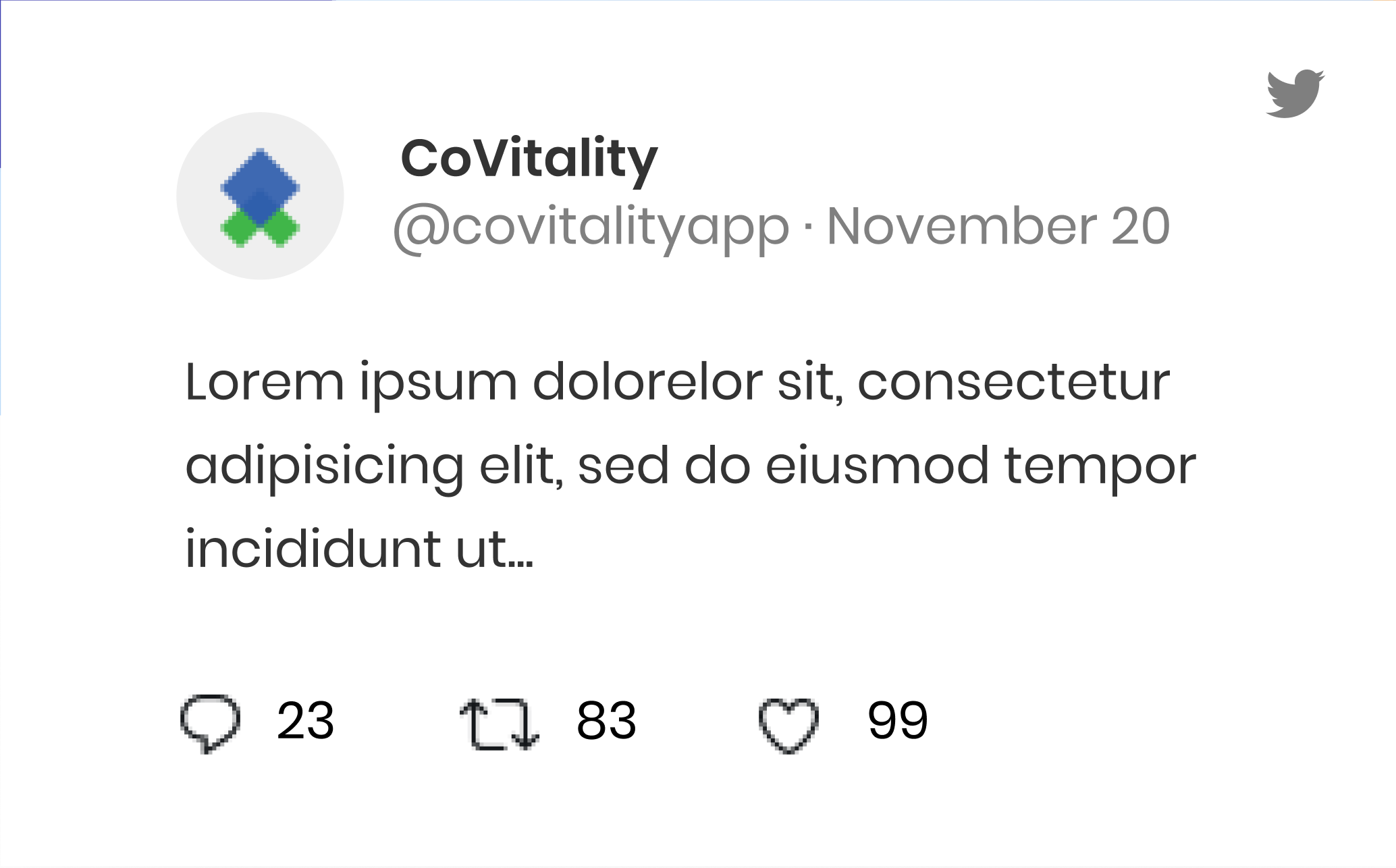Resources
- Mental Wellness
- Belief in Self
- Belief in Others
- Emotional Competence
- Engaged Living
- General Social and Emotional Support
Mental Wellness
CoVitality’s wellness screening framework informs educators and school site teams about their students’ mental wellness and, very importantly, provides information about EVERY student’s life satisfaction and emotional well-being. This, in turn, provides guidance about the prevention and intervention services that are required.
- Mental Wellness
This section offers relevant information for our educators and school site coordination teams to refer to as they work on the social and emotional well-being of their children.
September 2015 | Safe and Supportive Learning | Elizabeth V. Freeman, AIR; and Dr. Sharon Stephan, CSMH
2019 | The California Endowment
2020 | Lendedu
2020| Let’s Talk Mental Health | Bring Change to Mind

2020 | Each Mind Matters CA | Mental Health Services Act (Prop 63)

January 2020 | Utah State University College of Education and Human Services | Tyler Renshaw, PhD

February 2019 | District Leadership Forum

March 2020 | Baldwin Park Unified School District | Dr. Susan Coats
Belief in Self
Results of the CoVitality survey identify student’s traits that globally represent their ‘belief in self’ a core domain of social emotional learning including abilities such as: Self-efficacy, or sensing one’s ability to act effectively to meet environmental demands, Persistence, or the act of enduring in the face of difficulty, and Self-awareness, or the recognition of one’s emotions and values and their impacts on behavior, as well as accurate self-assessment of abilities and personal challenges.
- Self-efficacy
- Persistence
- Self-awareness
Self-efficacy – With detailed reports from the CoVitality survey, these resources can help support educators foster development of students with low belief in self. CoVitality gives specific insight into which strengths students might need support developing within this domain and what students might benefit from using strategies included in these resources.
May 2012 | Educational Leadership| Robert J. Marzano

November 2017 | UC Berkely Greater Good Science Center | Amy L. Eva

October 2017 | UC Berkely Greater Good Science Center | Vicki Zakrzewski

September 2020 | UC Berkely Greater Good Science Center | Rebecca Branstetter
Persistence is the act of enduring in the face of difficulty…for example, this happens when a student struggles with a math concept until they understand it.

June 2014 | Great! Schools.org| Leslie Crawford
June 2014 | Great! Schools.org| Leslie Crawford

October 2019 | UC Berkely Greater Good Science Center | Jill Suttie
Self-awareness is defined as the recognition of one’s emotions and values and their impacts on behavior, as well as accurate self-assessment of strengths and challenges.

August 2018 | Teach Thought| Steve Wheeler

2019 | UC Berkely Greater Good Science Center
Belief in Others
CoVitality also measures students belief in others, another core aspect of social emotional learning that is comprised of 3 psychological mindsets: Family Support, or the feeling of family togetherness and encouragement, School Support, or how much students think their teachers care about their academic success.And, Peer Support, or the different friendships and bonds students have that make up their support system.
- Peer Support
- Family Support
- School Support
Peer Support refers to the different friendships and bonds that students have. This support system helps students improve their interpersonal skills, sensitivity, and understanding. Peer support greatly affects students’ cognitive and social development and psychological adjustment.

November 2016 | Greater Good in Education | Sarah W. Helms

April 2017 | Greater Good in Education | Jenn Director Knudsen

2020 | Greater Good in Education
Family Support is the feeling of family togetherness and encouragement.
2020 | The National Campaign for Public School Improvement | Project Appleseed

2020 | Greater Good in Education
School Support is how much students think their teachers care about their academic success.
October 2019 | Transforming Education | Akira S. Gutierrez & Katie H. Buckley
February 2019 | Edutopia | Michael Dunlea
Emotional Competence
Emotional competence is another key aspect of social emotional learning that can be worked on with students using results from the CoVitality framework. CoVitality reports identify students strengths in this domain including: Empathy, or the ability to share someone else’s feelings or motivations and to understand their perspective. Behavioral Self-control, or the capability to control one’s behaviors or thoughts, and Emotional Regulation or how one manages their emotions, the efforts to control what emotions are felt, as well as how and when they are experienced and expressed.
- Empathy
- Self-Control
- Emotion Regulation
Empathy – Here are some general resources to support fostering the development of students’ belief in self. These resources provide options to use with students CoVitality has identified could improve their strength in this area and can be implemented in schoolwide and classroom contexts, as well as by psychologists, counselors, and social workers when supporting students in an individual and group setting

2019 | Greater Good in Education

2020 | Harvard Graduate School of Education

April 2020 | Greater Good in Education
Behavioral Self-control is the capability to control one’s behaviors or thoughts, particularly in difficult situations, in order to obtain a reward or avoid punishment.

June 2014 | Greater Good in Education | Diana Divecha

2019 | Greater Good in Education

April 2020 | Greater Good in Education
Emotion Regulation refers to how we manage our emotions and our efforts to control what emotions we feel, when we feel them, and how we experience and express them.

March 2013 | Greater Good in Education | Louis Cozolino
2018 | School Counseling Files

April 2014 | Greater Good in Education | Sarah Wheeler

April 2014 | Greater Good in Education | Sarah Wheeler

July 2015 | Greater Good in Education | Jason Marsh and Vicki Zakrzewski

March 2018 | We Are Teachers

April 2020 | The Inspired Treehouse
2020 | Transforming Education

April 2020| Greater Good in Education
Engaged Living
CoVitality delivers results on a students sense of engaged Living, another key aspect of social emotional learning representing a domain that is comprised of 3 strengths: Gratitude, or a deeper appreciation for someone or something that produces more long lasting positivity. Zest, or the degree of enthusiasm and energy with which a student approaches work. And Optimism, or the tendency to believe that good things are to come, and to have positive outlook on the future.
- Gratitude
- Zest
- Optimism
Gratitude – Understand which students could improve in this area and use these general resources to to foster a students sense of engaged living. These links provide options for use in school wide and classroom contexts as well as by psychologists, counselors, and social workers when supporting individuals and small group.

November 2016 | Greater Good in Education | Owen Griffith

November 2017 | Greater Good in Education | Owen Griffith

November 2017 | Greater Good in Education | Amy L. Eva

February 2017 | Greater Good in Education | Giacomo Bono

November 2017 | Greater Good in Education | Emily Campbell
2019 | Open Circle

November 2019 | Greater Good in Education | Jeffrey J. Froh, Giacomo Bono

2020 | Greater Good in Education
Zest is the degree of enthusiasm and energy with which a student approaches work.

November 2013| Greater Good in Education

August 2017 | Greater Good in Education
Optimism is the tendency to believe that good things are to come and to have positive outlook on the future.
2020 | Hopeful Minds an iFred.org Project

February 2020 | Greater Good in Education
General Social and Emotional Support
CoVitality’s wellness screening framework informs educators about their students’ mental wellness and, very importantly, it provides information about every student’s life satisfaction and emotional well-being. This, in turn, provides guidance about the prevention and intervention services that are required. This section offers relevant information for our educators to refer to as they work on the social and emotional well-being of their children.
- General Social and Emotional Support
This section offers relevant information for our educators and school site coordination teams to refer to as they work on the social and emotional well-being of their children.

2013 | Collaborative for Academic Social and Emotional Learning (CASEL)

2015 | Collaborative for Academic Social and Emotional Learning (CASEL)

March 2017| Harvard Graduate School of Education

2019 | Collaborative for Academic Social and Emotional Learning (CASEL)

2019 | Office of Juvenile Justice and Delinquency Prevention’s (OJJDP’s)
2019 | Measuring SEL | CASEL

2019 | The Ecological Approaches to Social Emotional Learning (EASEL) Laboratory

2020 | Common Sense Education

2020 | Sanford Harmony National University System

February 2020 | PositivePsychology.com | Kori D. Miller

CoVitality, 5266 Hollister Ave. Suite 123, Santa Barbara CA, 93111
© 2000 – 2020
© 2000 – 2020






